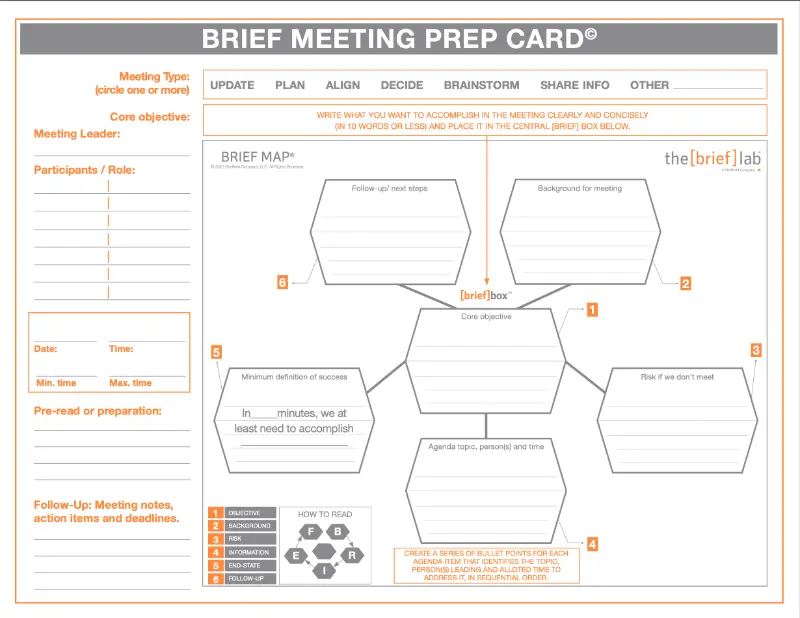We all aim to become exceptional leaders, to inspire our teams beyond their job description, to inspire them to create and become better professionals, and to become better human beings in the process.
But how do you become a great leader? Are you born with it or is it something you can learn?
I would say both.
You can be born with natural leadership skills, but if you don’t hone them and keep learning along the way, they will fade in time. You need to keep learning throughout your career, to challenge yourself.
You also can be taught leadership skills, but the same goes for being born with them…you have to hone them along the way.
What Exceptional Leaders Do
A Harvard study revealed what separates the best leaders from the good and average.
For 10 years, a Harvard team interviewed and studied more than 2,700 leaders, to identify and isolate the skills of top-performing executives.
What they found is that exceptional leaders have and excel at these four patterns:
- Deep knowledge of how the organization works. Exceptional leaders have deep insight and knowledge of how the organization functions. They make sure all departments coordinate and collaborate to create value and deliver results.
- Decision-oriented. Top-performing executives are good decision-makers. They know how to prioritize, focus, analyze data, and clearly communicate their decisions. They know how to balance their instinct with analytics to always make the best decisions, therefore they inspire trust and loyalty.
- Knowledge of the industry. What can be possible worse for a leader than not knowing their industry? Exceptional leaders possess deep knowledge of their industry, stay up-to-date with the ever-changing context of the business. They understand how the market moves and the economical, technological context, along with consumer trends. When you have this kind of clarity in business, you can anticipate trends, market changes, and spot business opportunities before everybody else. Curiosity and continuous learning are key for great leaders.
- Trusting relationships. Exceptional leaders are masters at forming deep, trusting connections, whether with superiors, direct reports, or peers. They understand people are key for the success of any organization and they invest heavily in forming powerful and meaningful connections. The outcome is they are remembered as leading agents for their organizations.
The surprising fact about these findings is that all four attributes can be learned. Choose one and master it, then move on to the next one and so on until you master all four. You and the rest of your organization will see the difference.
Image Credit: Shutterstock
Want to know more about being brief? Check out The Brief Practitioner, an online course from The Brief Lab that teaches executives how to avoid information overload and become lean, effective leaders and communicators.

